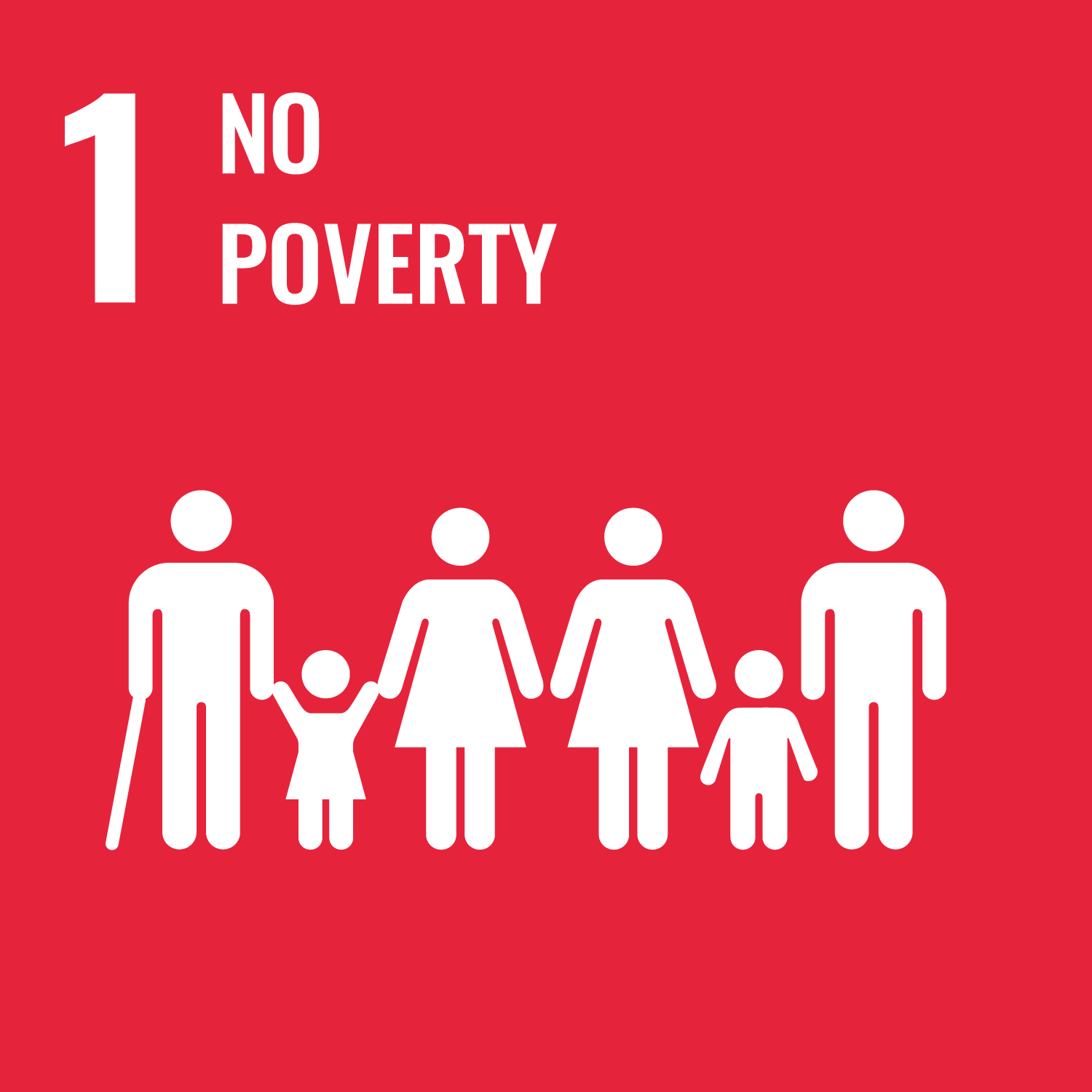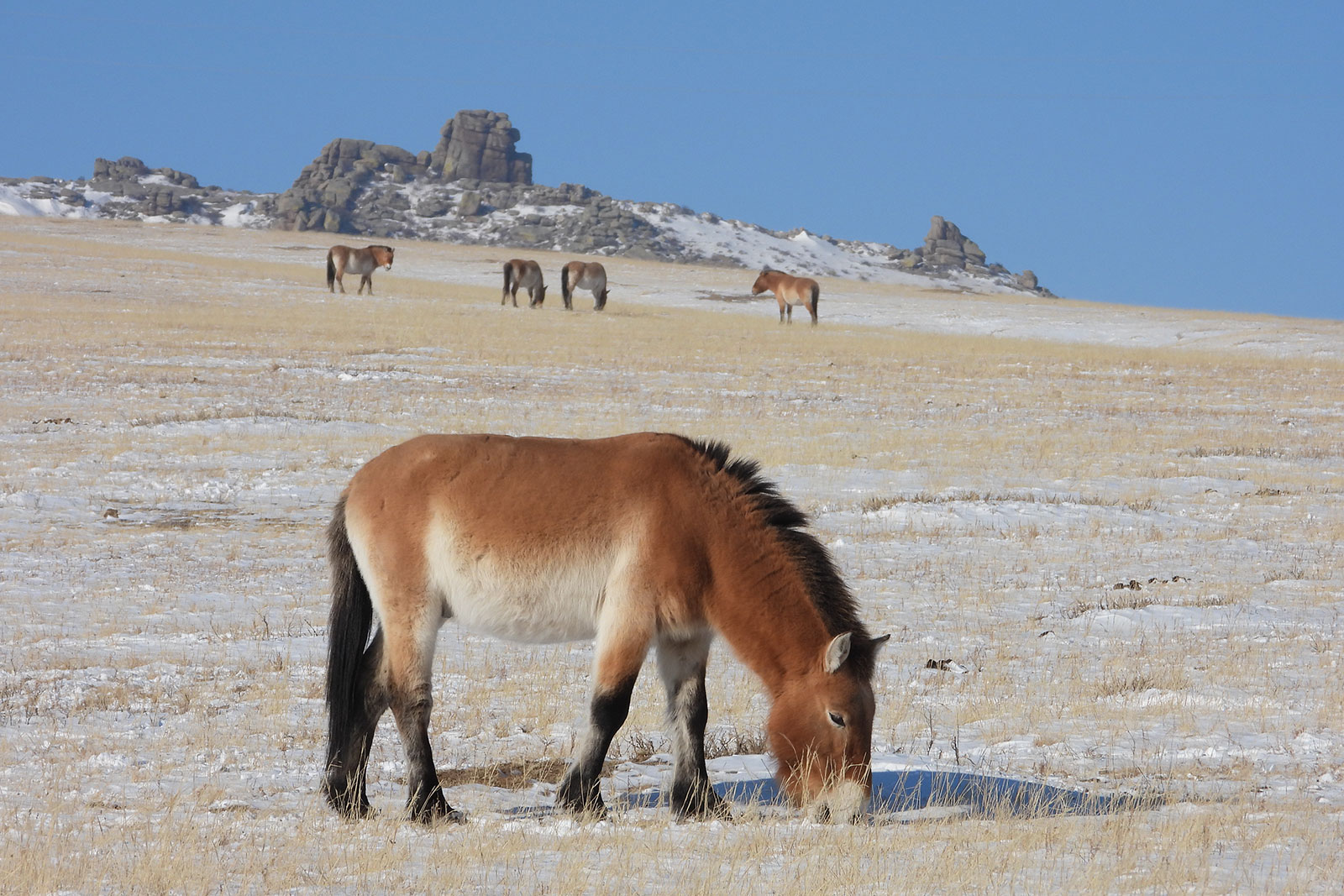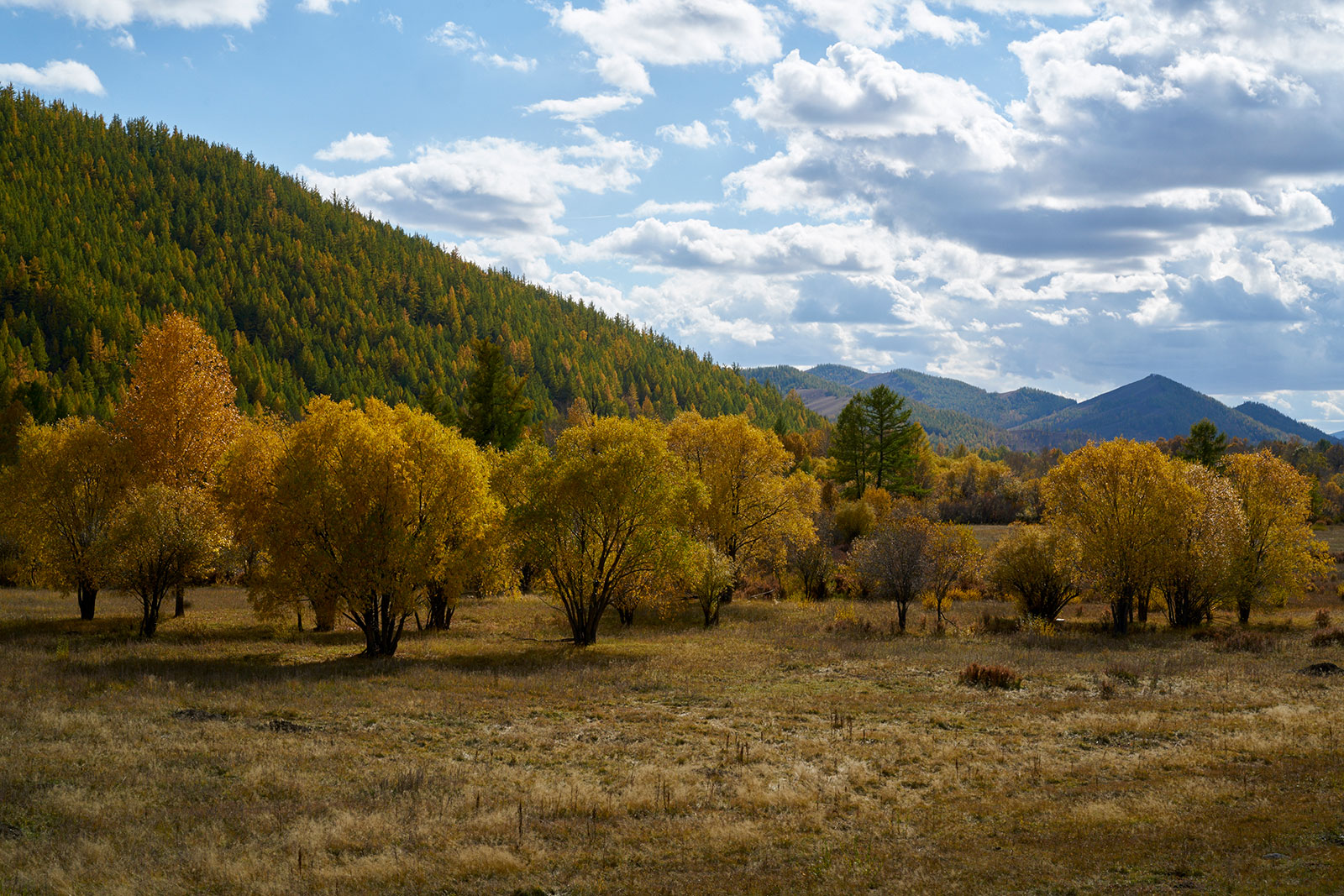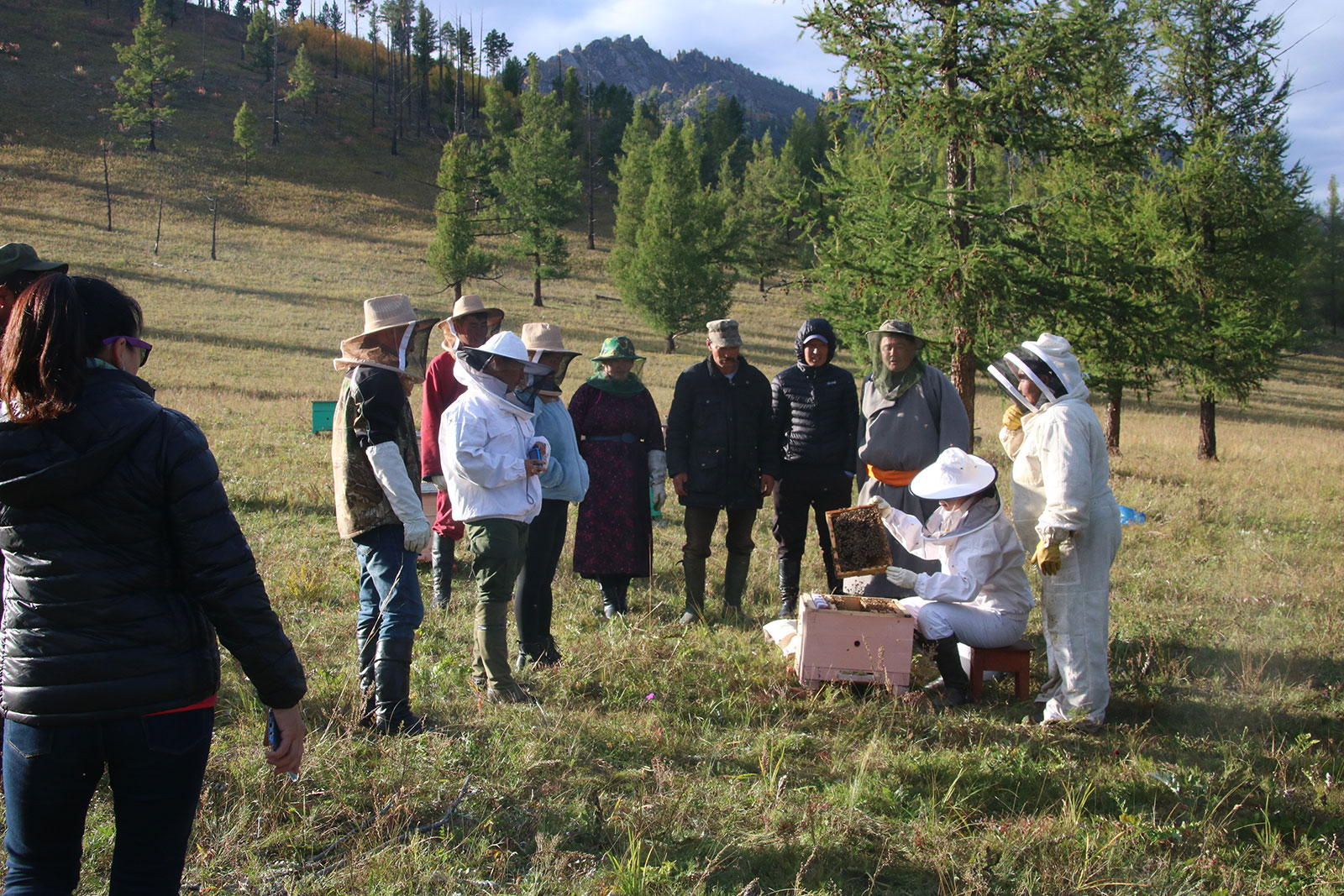Supporting Protected Areas for the Conservation of Ecosystem Services in Mongolia

OBJECTIVES
The framework conditions for the sustainable development of protected areas are improved.
- Policy consulting – Supporting the Ministry of Environment and Tourism (MET) in drafting regulations that legally enable the protected area administrations to generate their own revenue and to reinvest in the management of their protected areas.
- Cluster development – Advising the cooperation structures in the protected area clusters and enabling the participants to use these for the coordination of decisions that improve the management of the entire cluster
- Livelihood improvement – Supporting lively-hoods and poverty reduction through the development and implementation of income effective measures in selected protected areas or buffer zones
- Environmental communication – Developing an environmental communication strategy for the protected area system and implementing selected components of it
- Sustainable forest management – Improving the capacity of soum administrations for improved, integrated and climate-relevant management of production forests
DESCRIPTION
The project Supporting Protected Areas for the Conservation of Ecosystem Services (SPACES) aims to improve the framework conditions for the sustainable development of protected areas.
Mongolia’s diverse landscapes provide habitats for a large number of plant and animal species. This biodiversity forms the basis of Mongolia’s economy, culture and development. To conserve biodiversity, the government has established national and local protected areas on almost 30 percent of the country’s areas. However, climate change and the exploitation of natural resources are threatening the biodiversity and ecosystems of this extensive system of protected areas. The project boosts the financial capacity of the authorities in charge of managing protected areas and improves coordination between actors within selected nature conservation areas.
Rural poverty is one of the reasons why the natural resources in protected areas and buffer zones are overexploited. A variety of alternative livelihood strategies to overexploitation of the protected areas are developed and implemented. The project develops eco-friendly tourism in the protected areas and provides advice on natural resource management in and around the areas. It also ensures that interest groups are aware of the protected area concept by devising an environmental communication strategy for the protected area system and implementing selected elements of the strategy.
Since 2021, the project has been promoting innovative landscape management and the transition from demand-oriented to environmentally friendly forest use in cooperation with the European Union and the Food and Agriculture Organization of the United Nations, as well as with France and the Czech Republic.
APPROACH/FIELD OF INTERVENTION
SPACES builds capacities for protected area management and advises the national policy dialogue. It promotes the participation of the rural population in the management of protected areas through poverty reducing measures and raises awareness for the need to protect ecosystem services.
It improves capacity for sustainable landscape management of forest resources and conservation of biodiversity in target soums.
TARGETED BENEFICIARIES
- Employees from park administrations of protected areas and the MET
- Rural population in surrounding protected areas
- Forest User Groups, Forest Units, Forest Enterprises
- Members of community based groups
- Training Institutions
HIGHLIGHT ACTIVITIES
- Development of a new draft of the Law on Protected Areas and the Concept for the Law as well as the establishment of an official working group (MET, GIZ, NGO)
- Stakeholder workshops on National Conservation Trust Fund and elaboration of the concept of National Biodiversity Website and App
- Research on landscape approach, cluster development and network building
- Training needs assessment in sustainable agriculture and sustainable tourism, marketing promotion, stakeholder analysis,
- Draft of National Environmental Education and Communication Strategy (EECS) for the Mongolian system of PAs (in EN) as well as the elaboration of EEC products (Code of Conduct, information flyers for KKSPA, GTNP & OVNP, PA flyer for decision-makers)
- Training on cluster management, alternative livelihood measures, sustainable tourism
PUBLICATIONS
SUCCESS STORIES
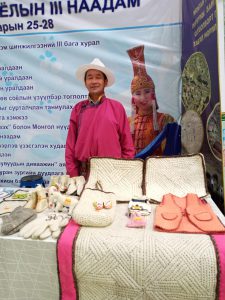
“With the support of the SPACES project, our community group started a ger camp. In the beginning, everything was new to us. In our nomadic lifestyle, herder families move often, and communities are as much as possible self-sufficient. Participating in the trainings on sustainable tourism and joining the study tour to the International Tourism Market in Ulaanbaatar to promote our region and our ger camps, has provided me with the insight that it is important to connect with other stakeholders in the tourism sector and that we together are responsible for protecting the natural resources around us”. Mr. Sukhbat, Beneficiary of the GIZ Alternative Livelihood Fund, member of community group running a ger camp in Mankhan soum, spoke during a training hospitality organized for tourist accommodation providers in July 2021.
COUNTRY
Mongolia , Asia
DURATION
Mar 2019 - Apr 2024
Commission Agency
BMZ
SDG
